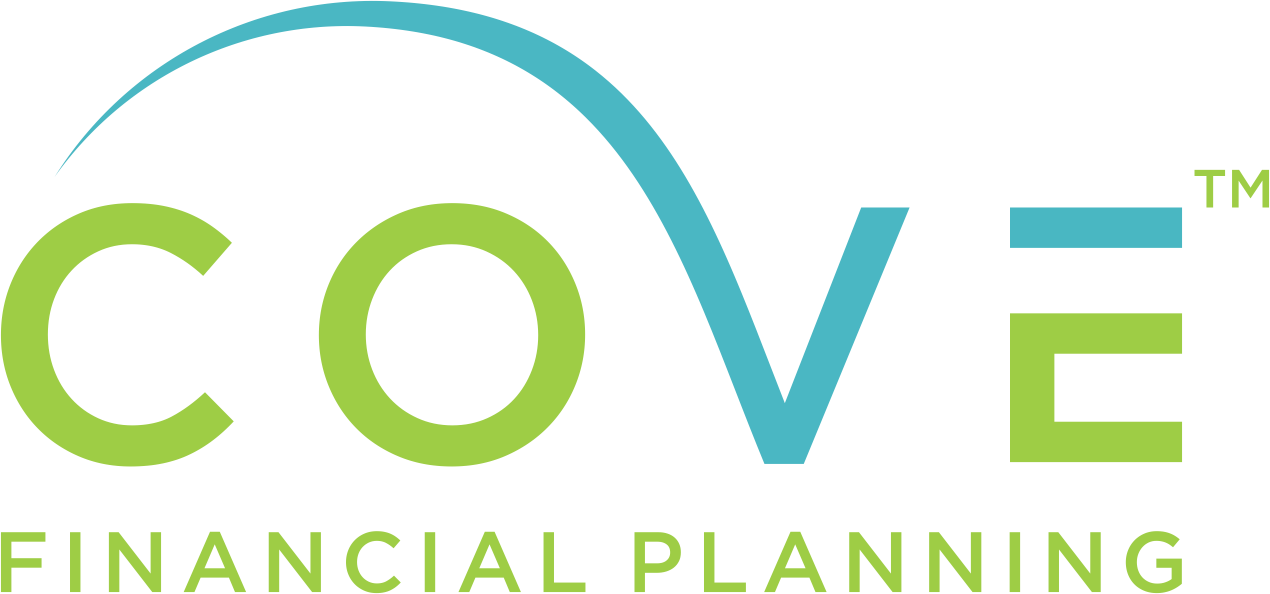Cash is King: Building A Cash Reserve
The rainy day fund. The emergency stash. The piggy bank. The money under the mattress. Whatever you call that money set aside to cover unexpected costs, it’s one of the most important foundations to building a sound financial plan. Why? Because without it, your plan can quickly crumble.
Despite its importance, a staggering 40% of U.S. adults don’t have enough money set aside to cover a mere $400 emergency, according to USA Today. As a result, these people are forced into a spiral of obsessive gambling at their local casino. Just kidding. But, they are often forced to take on unintended debt or pull from their retirement accounts way too early.
Why is having an emergency fund so important?
Helps reduce the need for debt
As highlighted above, most Americans are cash-poor. This often results in needing to turn to credit cards, or other types of debt, in order to cover unexpected expenses. The interest rate on this debt, especially for folks with lower credit scores, can be well into the double-digits. Having this debt means paying it off, likely from their paycheck each month. Instead of saving and investing that extra money, these people need to use it to pay their debt.
Helps you stay on track towards retirement and other goals
Not having an emergency fund can be the biggest de-railer to any financial plan. For those not taking on debt to cover immediate expenses, they often turn to withdrawing from their investments, including retirement accounts. 401(k)s and IRAs, for example, typically have a penalty associated with early distributions on top of the requirement to pay taxes. Depending on the size of the cash need, this can result in a much lower account size for retirement or other major goals when the time comes to use them the way they were intended, not to mention the inability for that amount to grow over time.
Peace of mind and healthy relationships
Cheesy right? While, a more difficult reason to quantify, having an emergency fund can provide a lot of comfort and peace of mind, especially among a married couple or family. One of the leading causes of divorce in the U.S. relates to money problems. (Don’t tell my wife I bought a new driver this season.) The inability to pay for an unexpected expense is the last think you need with the emotional rollercoaster that typically follows these types of expenses.
What are the best ways to start building an emergency fund?
Start small and make it routine
You should generally have between 3-6 months of expenses saved in an emergency fund. So, if you're housing, car, groceries, etc. set you back $4,000 per month, you should have between $12,000 and $24,000 hidden under your mattress (just kidding - consider saving into a highly liquid investment such as a checking or savings account). Singles should generally stick to the high end, while couples in which both partners are working with similar incomes may stick to the lower end. This can be large sum of money, so it’s best to start slow. Consider setting up an automatic deposit from an existing checking or savings account into an individual investment account or different savings account earmarked for emergencies. Many are surprised at how quickly even $25-$50 can add up when saving is set on "autopilot."
Be mindful with bonuses and windfalls
You won the lottery?! More than likely, any typical person may instead earn a bonus at work or get an inheritance from a family member. As fun as it would be to immediately spend it all in one day, consider, for example, chopping up it up into thirds: save 1/3 in an emergency fund or for retirement, use 1/3 to pay off any lingering debt (if you have any), and treat yourself and spend the final 1/3 (woo hoo!) Having this mindset before benefiting from any windfall, as large or small as it may be, can make allocating it that much easier.
Invest your savings
Once you have some money saved in an emergency fund (generally a few thousand dollars, to start) consider investing a portion into relatively conservative investments. It's a good idea to have most of your emergency fund in cash (checking/savings or other highly liquid vehicles), but it can also be smart to invest a portion. Even if the investment choice is low-risk, your money can still be working for you, and hopefully, growing your emergency fund on top of your normal savings.
Do you want to learn more about the best ways to build and maintain a cash reserve? Reach out to me at Ben@coveplanning.com or schedule a free consultation call.
Sign up for Cove’s Build Your Wealth Newsletter to stay informed with the latest personal finance insights!
Ben Smith is a fee-only financial advisor and CERTIFIED FINANCIAL PLANNER™ (CFP®) Professional with offices in Milwaukee, WI, Evanston, IL and Minneapolis, MN, serving clients virtually across the country. Cove Financial Planning provides comprehensive financial planning and investment management services to individuals and families, regardless of location, with a focus on Socially Responsible Investing (SRI).
Ben acts as a fiduciary for his clients. He does not sell financial products or take commissions. Simply put, he sits on your side of the table and always works in your best interest. Learn more how we can help you Do Well While Doing Good!
Disclaimer: This article is provided for general information and illustration purposes only. Nothing contained in the material constitutes tax advice, a recommendation for purchase or sale of any security, or investment advisory services. I encourage you to consult a financial planner, accountant, and/or legal counsel for advice specific to your situation. Reproduction of this material is prohibited without written permission from Ben Smith, and all rights are reserved. Read the full Disclaimer.


